Suubi’s story: pivoting your business and finding your voice
Suubi Njuki shares her experience since participating in our Mentoring Women in Business programme.

Suubi Njuki is the owner of Suu-Bee Ltd., a fashion brand in Kampala, Uganda. In 2014, she participated in our Mentoring Women in Business Programme, working with a mentor from Bank of America. To celebrate 10 years of our hugely impactful partnership with Bank of America, together supporting over 1,100 women entrepreneurs around the world, we caught up with Suubi to hear the long-term benefits mentoring has had on her life and business.
“I started my business shortly following my first job after university after the company I was working for split up.
So, I set up my own company which allowed me both to earn a living and to express myself creatively.
I was very lucky to have my parents’ support. They knew about running businesses, so they got the company registered and I started working.
I already had a sewing machine. I started making clothes for people and was only using word of mouth to promote my company. I’d make something for someone and they’d tell someone else who would then come to me. That’s how it’s always been.
I was also writing articles for our local newspaper every Saturday. The newspaper featured my designs, so that also gave me publicity.
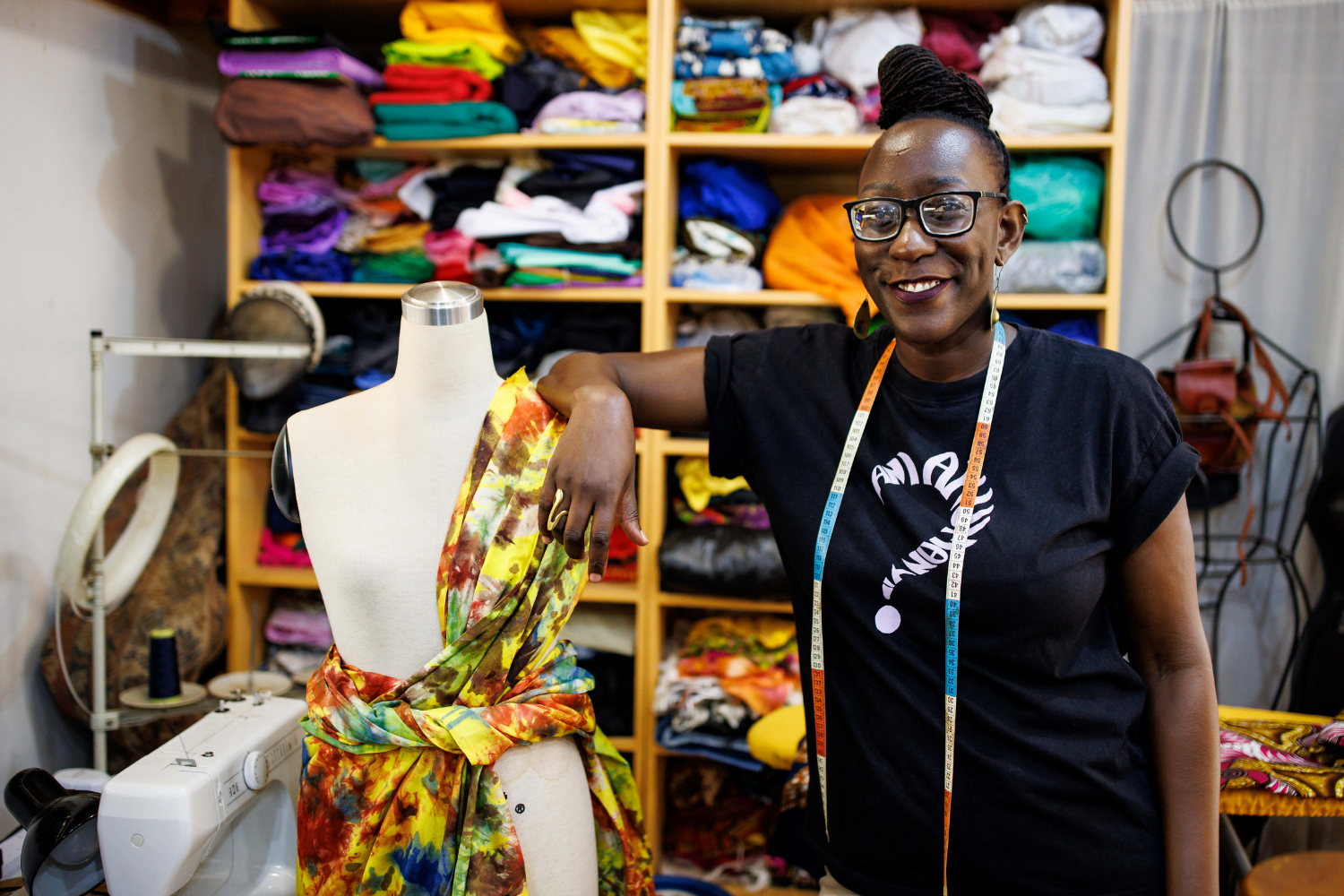
After a while I wanted my business to grow. I had my parents’ support, but there’s a limit to what they can see and it’s not their field. I felt it would help to have an outside perspective and a second pair of eyes. I heard about the Mentoring Women in Business programme and I applied.
The programme was very, very useful. My mentor was Samridhi Sarin, Director of Global Financial Crimes Compliance at Bank of America. She knew nothing about my industry, but she knew about how to set goals. That really helped me: setting goals and breaking them down into smaller bits. I remember her saying, “You need to build the steps for every step you take up the mountain”.
That really helped me because, as an entrepreneur, you have huge ambitions and you want to get to point X, but the distance between where you are and X is so big, and there’s so much to do. It can be overwhelming. I’ve developed that approach as a habit now.
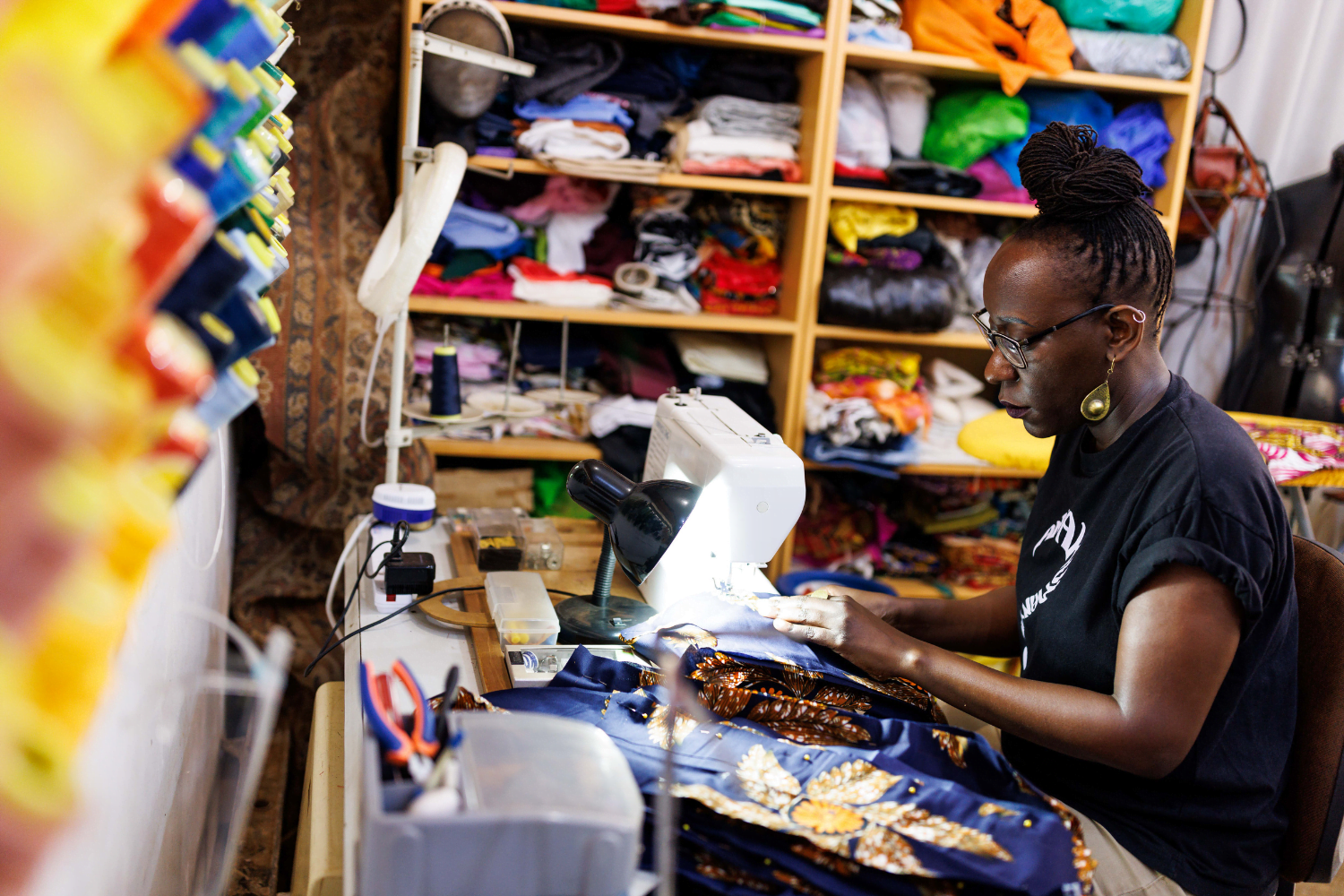
As a woman entrepreneur, it's hard getting the support and being taken seriously, even in fashion, a women-led industry.
As a woman entrepreneur, it’s hard getting the support and being taken seriously, even in fashion, a women-led industry. Same with acquiring funds. You walk into a meeting and you want to be considered based on the work you’re doing, not for who you are as a woman or what you look like.
Men have advantages. A guy can go into a bank and get a loan and he’s taken seriously with his business idea. A woman can go and they’ll be like, “Oh I don’t know”. There are banks that support women and have those schemes, but they’ve had to create them because they know there’s a bias.
Working with my mentor helped me sort myself out to an extent. We had pretty regular meetings despite our time difference. We had to be intentional about meeting, so it helped me have a set time to just sit and talk about the business. It was a very helpful experience to assess ways that I may act or think that maybe hold back my business or build it up. I liked the format of setting times for regular meetings because it meant I had to plan.
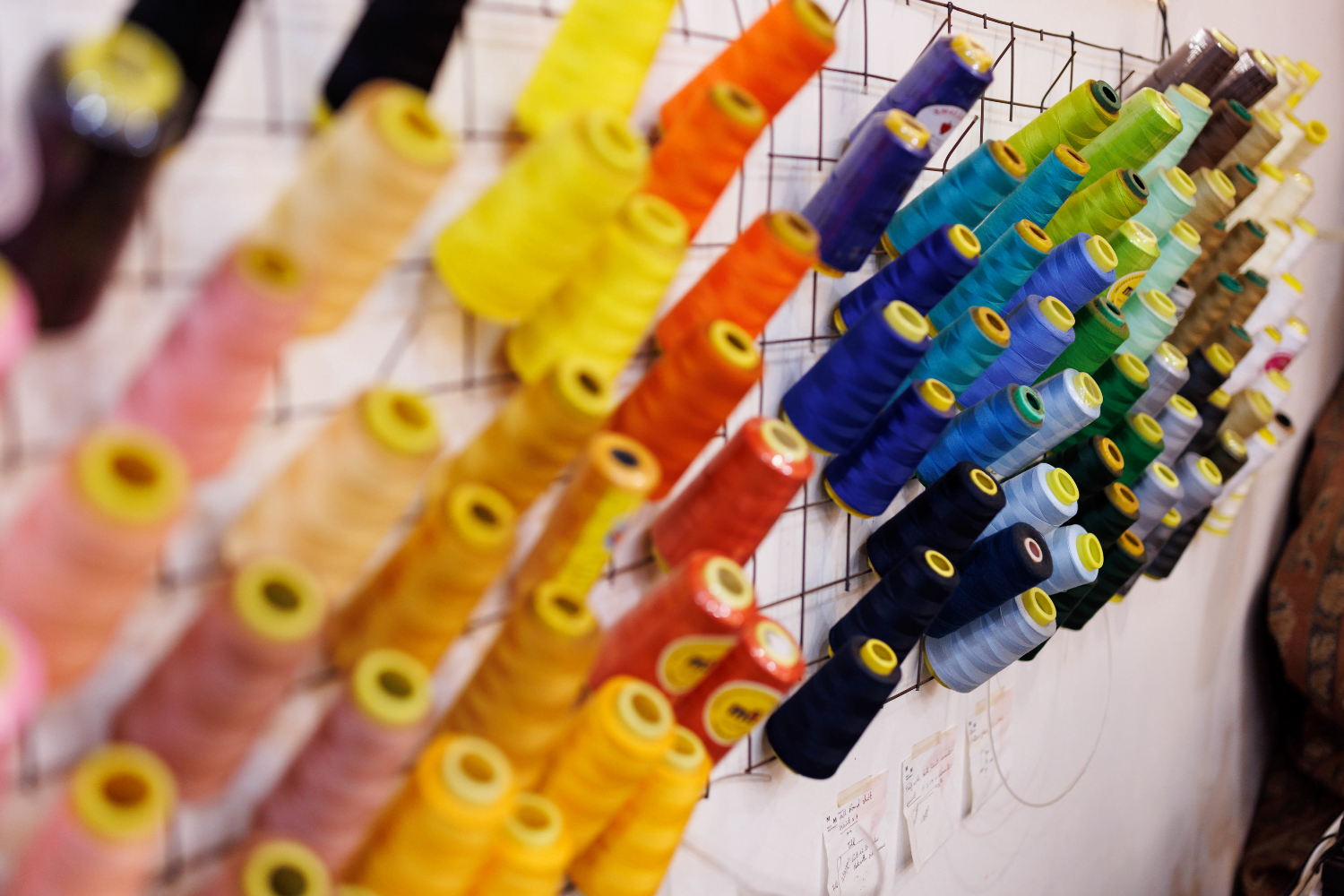
Having someone who doesn’t have a vested interest in what’s going on giving their general opinion, even if it wasn’t what you want to hear, I really appreciated having that.
I also like that my mentor was an older woman. She had experience and was a mother with a family. I liked the way she would share that history and wisdom without emotional drama – it was clean: “We’re meeting for this. I have this experience. I’m giving it to you. Take it, use it.” And I’d ask questions. It was like a big sister situation, which I think everybody needs.
Since I took part, my business has been thriving. I used to mostly make bridal outfits like wedding gowns and clothes for bridal parties and bridesmaids. That was my main bread and butter.
When the COVID-19 pandemic happened, everything shut down. There were no weddings or big parties happening – and here we really like to have large weddings!
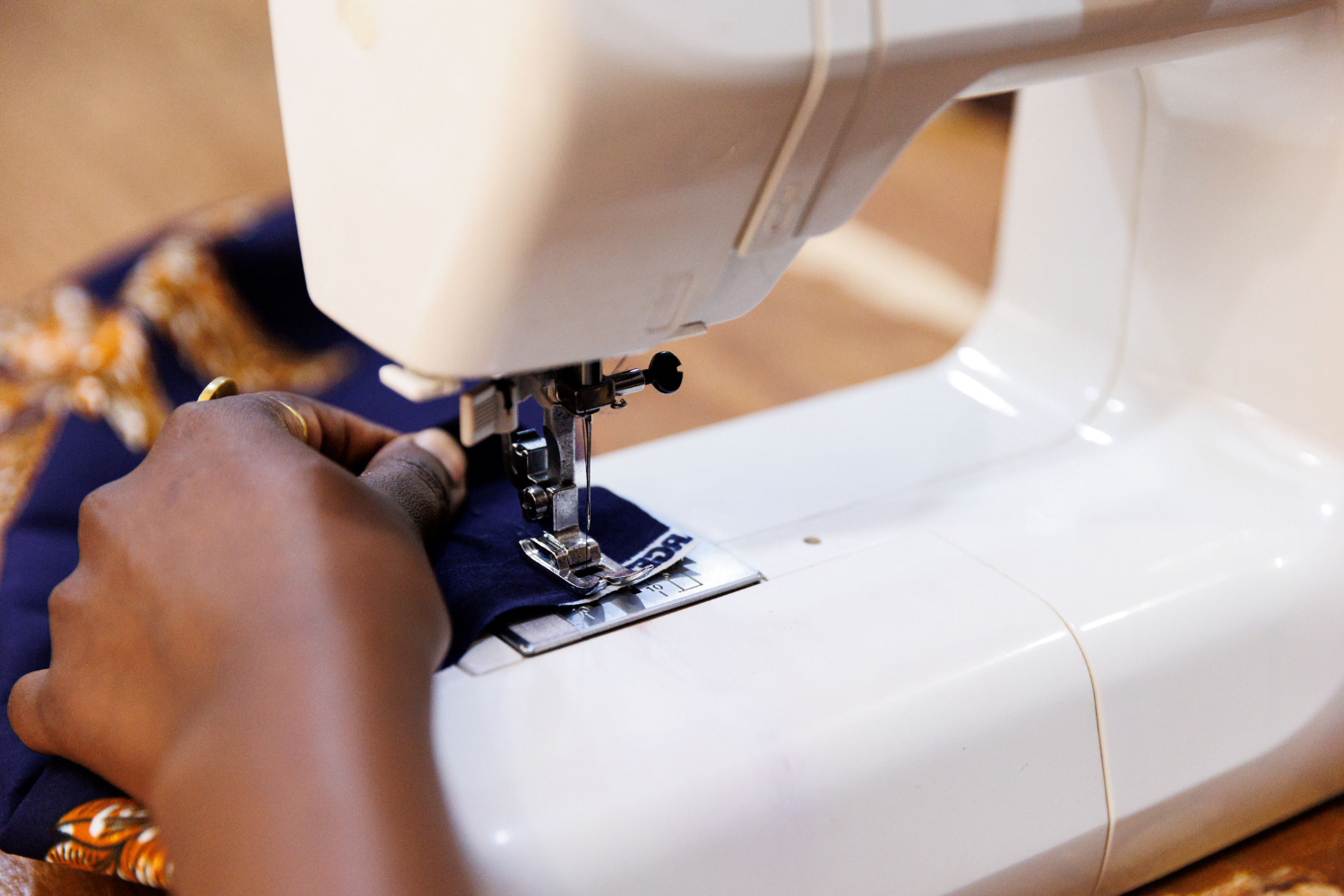
Our activity shut down – we had a whole year and a half of nothing happening. That slowed everything down. Since then the market has changed, and as a result so has our business. I don’t make that much bridal wear anymore and my business has diversified: now I’m mostly making typical kitenge dresses for everyday and office wear. Things are picking up again. It’s not yet where it used to be, but it’s slowly crawling its way back.
The reduction of my bridal business actually helped me to start exercising my creativity more. Bridal trends are very repetitive – they’re beautiful, but they were no longer as challenging. Now I am forced to be more adventurous with ordinary materials like kitenge and linen, and this is making me more honest and more authentic. The bad thing that happened has led to a good thing. Everything is balancing out.
I used to think that having a successful business meant making lots of money, but now I know that it’s about being authentic to my voice as a creative.
I used to think that having a successful business meant making lots of money, but now I know that it's about being authentic to my voice as a creative.
Recently, I had a client who was insisting on a certain dress style. I asked her, “Can I do something that would better suit your shape and figure?” and she eventually said OK. I did it and she was very happy. She came back and she’s now giving me even more freedom. I didn’t know it was an option open to me – before I would just draw a design for clients and that’s what I’d make, but now I can be creative and tell them what think would work for them. That’s a win.
Having my own business means I manage my own hours so I get to do lots of other things. I like the flexibility. I volunteer at a Bible study. I’m available to help my parents. I can even schedule rest, which I hadn’t thought about before because I was working flat out until the COVID-19 pandemic. Now I know the value of rest.
My mentor showed me that I run ahead of myself a lot and that then stresses me out and pulls me back. She was a very positive mentor and that’s stayed with me since. Her training to think about the long term and big goals, then break it down into steps is something I still use today, as is her advice to celebrate the small goals. Entrepreneurs are very hard on ourselves, but it’s important to celebrate even the small wins.
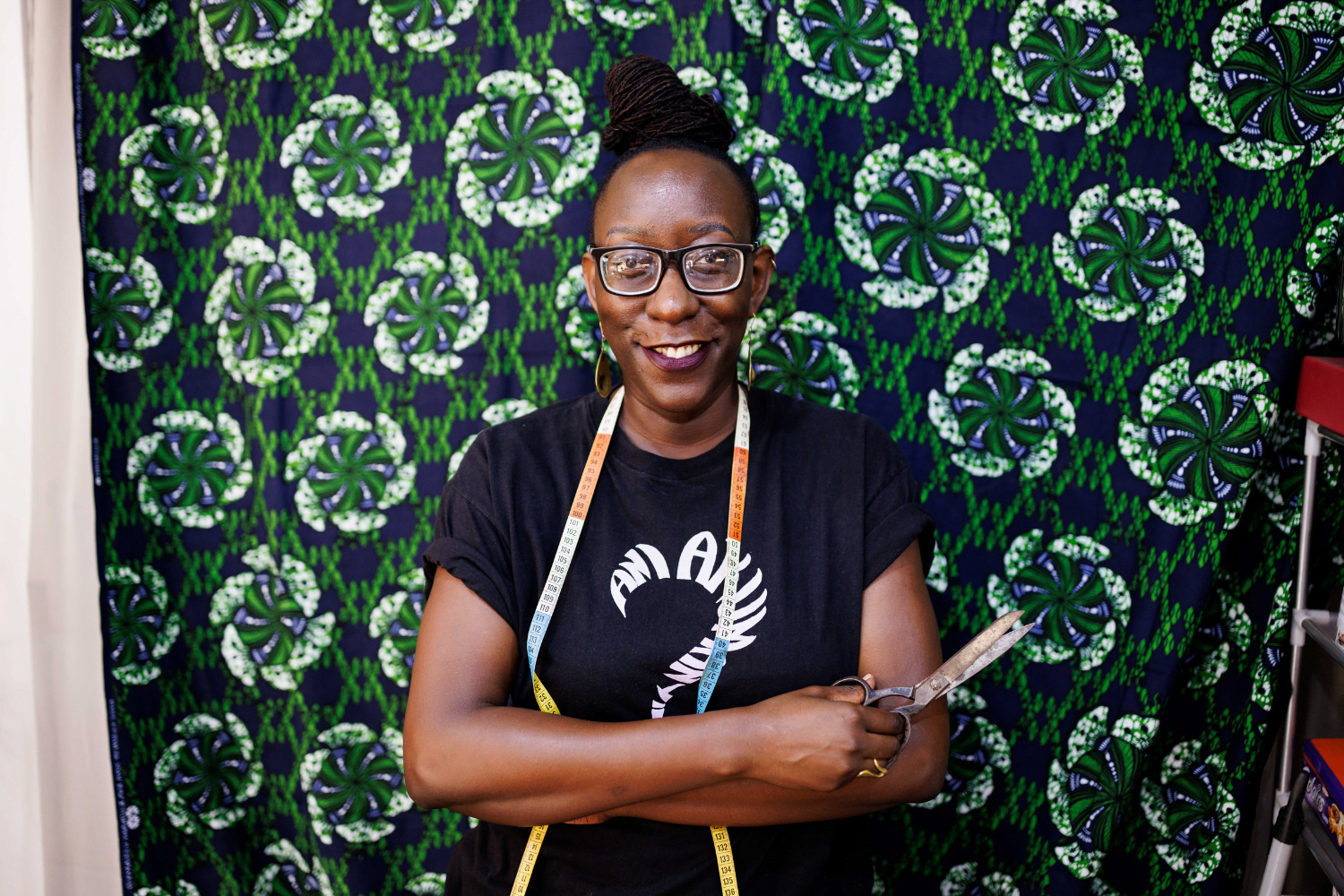
Because of my mentoring experience I am more open to outside input and also freer in sharing lessons I have learned. I also mentor today in a small way – helping those trying to set themselves up – trying to learn basic sewing and all this in turn feeds into my business. The more you give the more you receive.
There’s nothing like having someone you meet with regularly who will amp you up. It doesn’t even need to be a mentor – I think women need to be together to support each other. It’s important to have community because they’ll point out things that you don’t see and weaknesses you may have. They’ll support you and show you how to change because they’ve been through it. There’s a way women talk with other women – we can meet on the same level. I don’t know how else to explain it.”
Because of my mentoring experience I am more open to outside input and also freer in sharing lessons I have learned.
Read more stories...
-
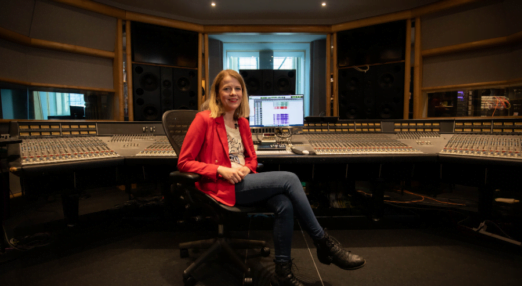
Olga FitzRoy’s story: pushing for change in parental leave
Olga FitzRoy campaigns for more inclusive care policies for self-employed people in the UK.
Read more
-
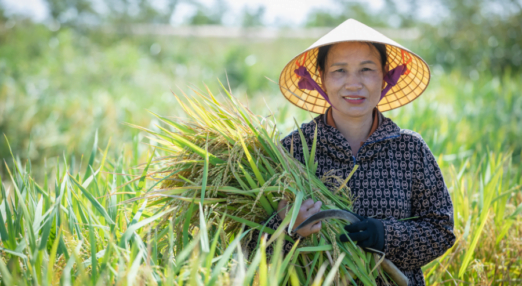
Nguyen Thi Tham’s story: challenging gender norms at home
Nguyen Thi Tham is a leader in her local farming group. SNV supported her to adopt climate change adaptations in her farming and redistribute her household duties.
Read more
-
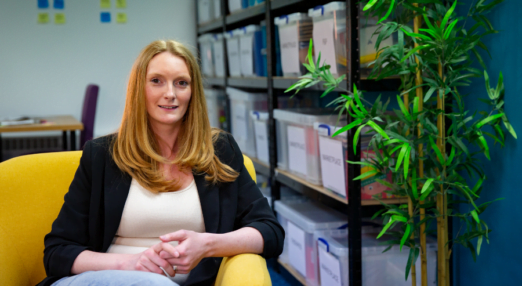
Sam Tebb’s story: boosting support for families with disabled children
Sam Tebb founded Parent Suportal to support families of disabled children.
Read more

